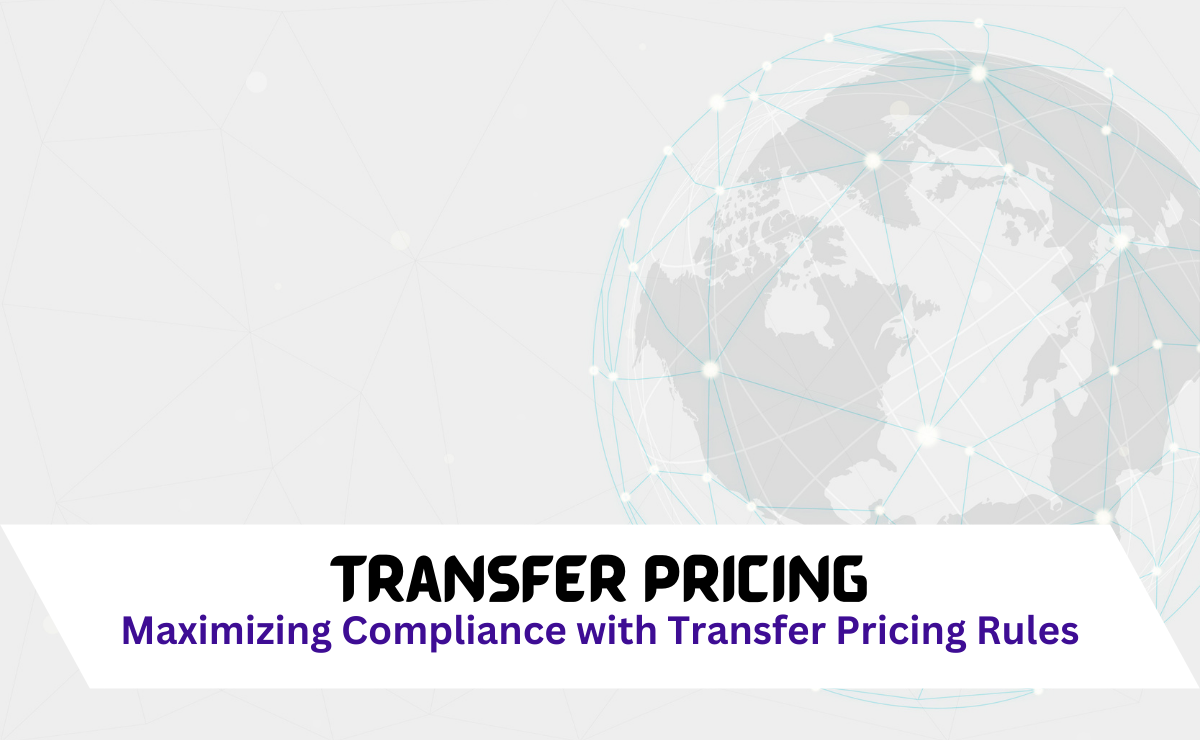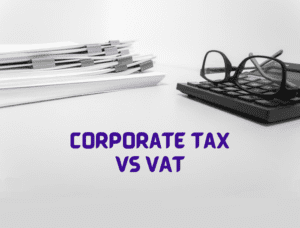Introduction
Transfer pricing is a critical area for businesses operating in multiple jurisdictions, especially in Dubai, UAE, where compliance with international tax regulations is essential. Failure to comply with transfer pricing rules can lead to hefty penalties and increased scrutiny from tax authorities. This blog will walk you through the key strategies to ensure compliance with transfer pricing regulations in the UAE, helping your business maintain smooth operations while optimizing tax positions.
Understanding Transfer Pricing in Dubai, UAE
As the UAE increasingly aligns itself with global tax standards, transfer pricing regulations have become a focal point for multinational corporations. Businesses operating across borders must ensure that their intercompany transactions comply with the “arm’s length principle”—the gold standard in transfer pricing. This principle mandates that the prices charged between related entities reflect what would be agreed upon between independent companies in the open market.
Key Areas to Focus on for Transfer Pricing Compliance
- Documentation Requirements
One of the fundamental aspects of transfer pricing compliance is maintaining proper documentation. Dubai tax authorities may require businesses to submit transfer pricing documentation to justify their pricing policies between related entities. This includes local files, master files, and country-by-country reporting, depending on the size and scope of the business. - Intercompany Agreements
Establishing clear and well-drafted intercompany agreements is essential for documenting the terms and conditions of transactions between related entities. These agreements should outline the transfer prices, methodologies used, and the rationale behind the pricing strategy. In Dubai, businesses must ensure that their agreements reflect the economic realities of the transactions and are aligned with OECD guidelines. - Transfer Pricing Methods
Choosing the right transfer pricing method is critical for compliance. Common methods include the Comparable Uncontrolled Price (CUP) method, the Cost Plus method, and the Transactional Net Margin method. Businesses in Dubai should carefully assess which method is most appropriate based on the nature of the transactions, the availability of comparable data, and the applicable tax regulations.
Penalties for Non-Compliance in Dubai, UAE
The UAE’s tax authorities take transfer pricing compliance seriously. Businesses found to be non-compliant face severe penalties, including fines, back taxes, and even audits. To avoid such consequences, it’s essential to regularly review your transfer pricing policies and ensure they align with the latest tax regulations.
Why Limrise is Your Ideal Partner for Transfer Pricing
Navigating the complexities of transfer pricing requires expertise and precision. At Limrise, we specialize in helping businesses in Dubai and across the UAE stay compliant with international tax standards. Our team of experts ensures that your transfer pricing policies are fully compliant with UAE tax laws while optimizing your tax efficiency.
Conclusion
Staying compliant with transfer pricing regulations in Dubai, UAE, is crucial for multinational businesses. By maintaining proper documentation, establishing clear intercompany agreements, and choosing the right transfer pricing method, you can ensure your business is prepared for any scrutiny from tax authorities. At Limrise, we offer expert guidance to help you navigate the complexities of transfer pricing, ensuring your business remains compliant and competitive.
Contact Us Today!
📞 +971 50 786 2491 | +971 55 285 2393
✉️ hello@limrise.com






